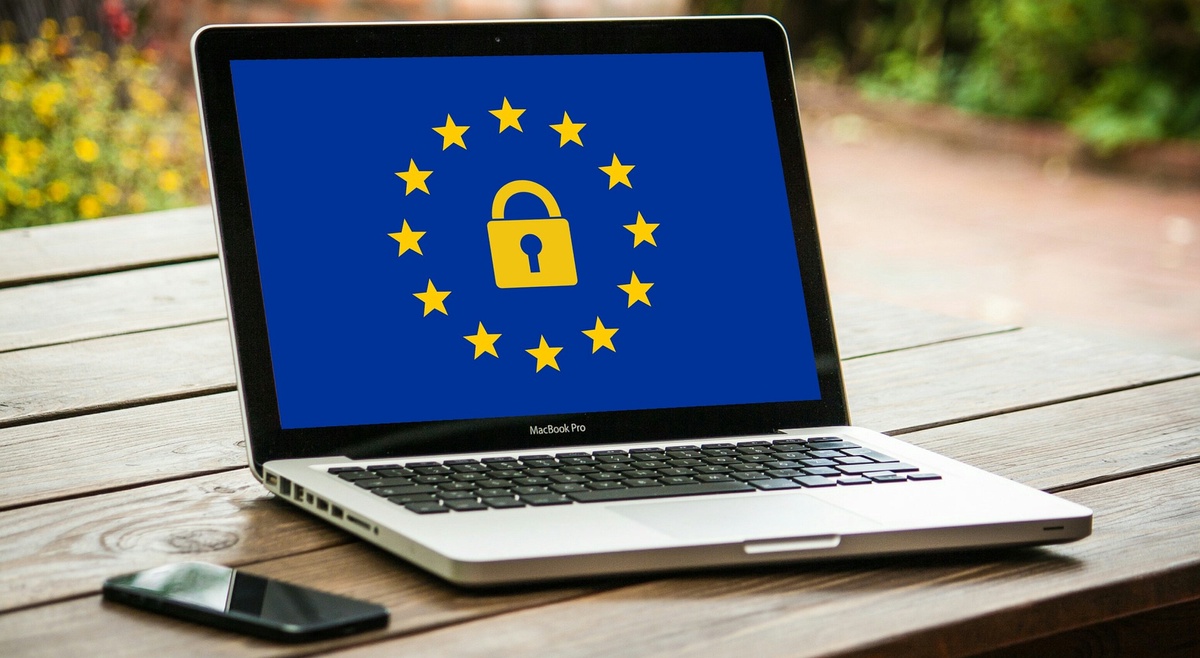The General Data Protection Regulation (GDPR) is a set of rules designed to protect the privacy and personal data of European Union citizens. These rules came into effect in May 2018 and have since been enforced by authorities around the world.
The GDPR sets out strict guidelines for the collection, storage, and use of personal data by organizations. Let’s look at some reasons why it is essential for businesses to ensure that they obey the GDPR rules.
Protect Personal Data
The GDPR is designed to protect the personal data of individuals. This includes any information that can be used to identify a person, such as their name, address, email, or phone number. It is essential to protect this data to prevent it from being used for malicious purposes, such as identity theft or fraud.
By obeying GDPR rules, businesses can ensure that personal data is collected, stored, and used in a responsible and ethical manner, thereby reducing the risk of data breaches.
Avoid Financial Penalties
One of the most significant consequences of non-compliance with GDPR rules is financial penalties. The GDPR allows for administrative fines of up to €20 million or 4% of the company's global annual revenue, whichever is higher. This can be a significant financial burden for any business, especially small and medium-sized enterprises. By obeying GDPR rules, businesses can avoid the risk of costly fines, which can have a significant impact on their bottom line.
Build Trust With Customers
Obeying GDPR rules can help businesses build trust with their customers. Customers want to know that their personal data is being collected and used in a responsible and ethical manner.
By implementing GDPR-compliant data protection policies and procedures, businesses can demonstrate their commitment to protecting customer privacy. This can help build customer loyalty and improve brand reputation.
Increase Competitiveness
Obeying GDPR rules can also give businesses a competitive advantage, as companies that can demonstrate GDPR compliance are more attractive to customers who are concerned about the protection of their personal data.
By implementing robust data protection policies and procedures, businesses can differentiate themselves from competitors who may not be complying with the GDPR criteria.
Maintain Business Continuity
Non-compliance with GDPR rules can have significant consequences for business continuity. The GDPR allows for regulatory authorities to suspend or terminate data processing activities in cases of non-compliance. This can disrupt business operations and cause significant financial losses.
By obeying GDPR rules, businesses can ensure the continuity of their operations and avoid the risk of regulatory intervention.
Protect Reputational Capital
Obeying GDPR rules is essential for businesses that value their reputational capital.
Non-compliance with GDPR can lead to negative publicity and reputational damage, which can have a long-term impact on a company's ability to attract and retain customers, as well as on its relationships with suppliers and partners.
Protect Data To Protect Your Business!
In conclusion, obeying GDPR rules is essential for businesses of all sizes. The GDPR is designed to protect the personal data of individuals and ensure that it is collected, stored, and used in a responsible and ethical manner.
Businesses that comply with GDPR regulations can avoid costly financial penalties, build trust with customers, increase competitiveness, maintain business continuity, and protect their reputational capital.
To comply with GDPR regulations, businesses should conduct regular data privacy risk assessments, implement robust data protection policies and procedures, and provide training to employees on data protection practices.


No comments yet